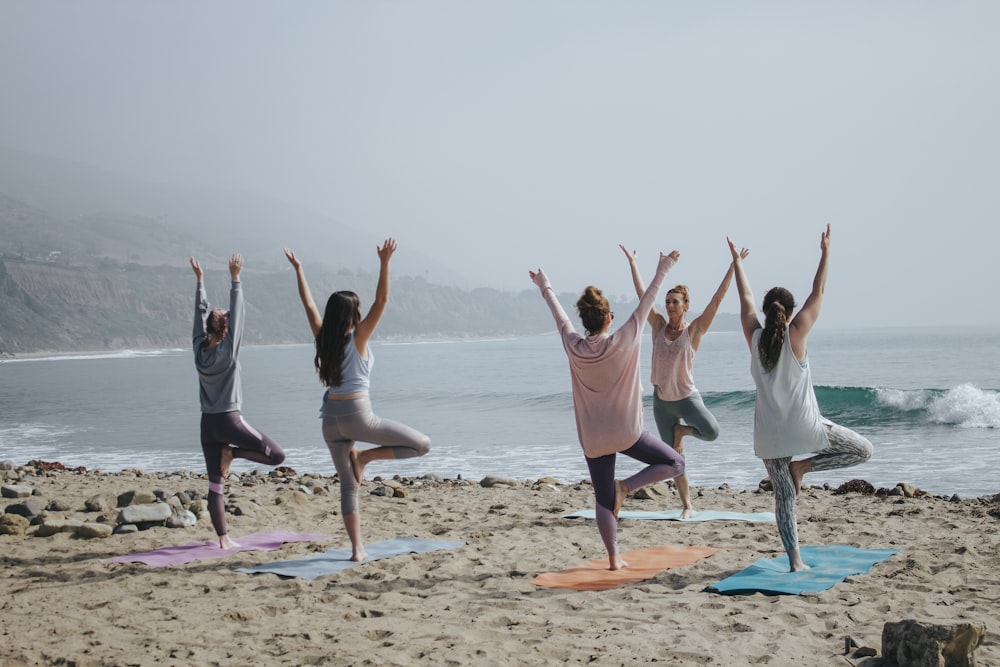📚 Table of Contents
- ✅ Why Mindfulness and Mental Health Matter for Remote Workers
- ✅ Essential Skills for a Career in Mindfulness and Mental Health
- ✅ Education and Certifications to Boost Your Credibility
- ✅ Building Your Personal Brand as a Mindfulness Expert
- ✅ Finding and Retaining Clients in the Remote Work Space
- ✅ Essential Tools and Resources for Practitioners
- ✅ Success Stories: Real-Life Examples of Mindfulness Coaches
- ✅ Conclusion
Why Mindfulness and Mental Health Matter for Remote Workers
Remote work has revolutionized the modern workplace, offering flexibility and freedom. However, it also brings unique challenges—loneliness, burnout, and difficulty disconnecting from work. Mindfulness and mental health practices can help remote workers maintain balance, reduce stress, and improve productivity. As companies increasingly recognize the importance of employee well-being, professionals specializing in mindfulness and mental health for remote workers are in high demand. Whether you’re a therapist, coach, or wellness advocate, this field offers rewarding opportunities to make a real difference.
Essential Skills for a Career in Mindfulness and Mental Health
To succeed in this field, you need a combination of technical and interpersonal skills. First, a deep understanding of mindfulness techniques—such as meditation, breathwork, and body scanning—is crucial. You should also be well-versed in mental health principles, including stress management, emotional regulation, and cognitive behavioral strategies. Strong communication skills are essential, as you’ll need to guide clients through exercises and provide empathetic support. Additionally, adaptability is key since remote workers face diverse challenges, from time zone differences to digital fatigue. Finally, business acumen helps if you plan to freelance or run your own practice.
Education and Certifications to Boost Your Credibility
While formal education isn’t always mandatory, certifications can enhance your credibility. Consider programs like:
- Mindfulness-Based Stress Reduction (MBSR) – A widely recognized certification from institutions like the University of Massachusetts.
- Certified Meditation Teacher – Offered by organizations such as the International Meditation Teachers Association.
- Mental Health First Aid – A valuable credential for recognizing and addressing mental health issues.
- Life Coaching Certification – Useful if you plan to offer broader wellness guidance.
Many of these programs are available online, making them accessible for aspiring practitioners. Additionally, staying updated with research from sources like the American Psychological Association (APA) ensures your methods remain evidence-based.
Building Your Personal Brand as a Mindfulness Expert
Establishing a strong personal brand helps you stand out in a competitive market. Start by creating a professional website that highlights your services, credentials, and client testimonials. Blogging about mindfulness techniques, mental health tips, and remote work challenges can position you as an authority. Social media platforms like LinkedIn, Instagram, and YouTube are excellent for sharing short guided meditations, wellness tips, and success stories. Networking with HR professionals, remote work communities, and corporate wellness programs can also open doors to collaborations and speaking engagements.
Finding and Retaining Clients in the Remote Work Space
Remote workers are your primary audience, so tailor your outreach accordingly. Offer free webinars or workshops on mindfulness for digital nomads, freelancers, and remote employees. Partner with remote work platforms like We Work Remotely or Remote.co to reach potential clients. Subscription-based models—such as monthly mindfulness challenges or group coaching sessions—can provide steady income. To retain clients, personalize your approach by understanding their unique work environments and stressors. Follow-up emails, progress tracking, and flexible scheduling can enhance client satisfaction and loyalty.
Essential Tools and Resources for Practitioners
Leveraging the right tools can streamline your practice. Video conferencing platforms like Zoom or Google Meet are essential for virtual sessions. Meditation apps like Insight Timer or Headspace can supplement your coaching. For client management, consider tools like Calendly for scheduling and HoneyBook for invoicing. Online courses from platforms like Coursera or Udemy can help you stay updated on the latest mindfulness research. Additionally, joining professional associations such as the International Mindfulness Teachers Association provides networking and continuing education opportunities.
Success Stories: Real-Life Examples of Mindfulness Coaches
Many professionals have successfully built careers in this niche. For example, Sarah, a former HR manager, transitioned into corporate mindfulness coaching after obtaining her MBSR certification. She now conducts virtual sessions for remote teams at tech companies. Another success story is Mark, a freelance meditation teacher who grew his Instagram following by sharing bite-sized mindfulness tips for remote workers. His online courses now generate passive income while helping clients worldwide. These examples show that with dedication and the right strategy, a career in mindfulness and mental health for remote workers is not only possible but also highly rewarding.
Conclusion
Starting a career in mindfulness and mental health for remote workers is a fulfilling path that combines personal growth with the opportunity to help others. By developing essential skills, obtaining relevant certifications, and building a strong personal brand, you can establish yourself as a trusted expert in this growing field. With the right tools and strategies, you’ll be well-equipped to make a meaningful impact on the well-being of remote professionals around the world.


Leave a Reply